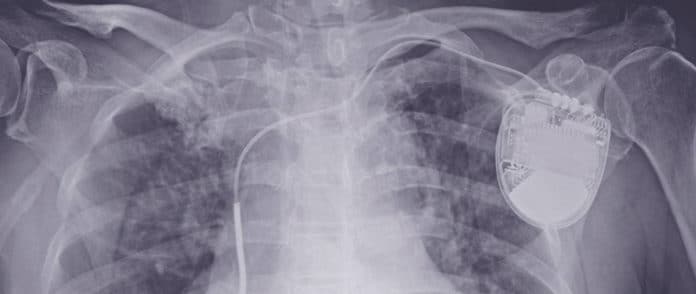Defibrillators are devices that reestablish a normal heartbeat by sending an electric pulse or shock to the heart. They are utilized to avoid or correct an arrhythmia, a heartbeat that is uneven or that is excessively moderate or excessively quick. Defibrillators can likewise reestablish the heart’s beating if the center all of a sudden stops.
At the same time, such devices also harbor risks.
A noteworthy European examination headed by three scientists from the Technical University of Munich (TUM), LMU München and University Medical Center Göttingen has discovered that a particular ECG method can distinguish the patients most likely to benefit by these devices.
Scientists in a new study named EU-CERT-ICD, named the advantages of prophylactically implanted defibrillators all through Europe. In a sub-investigation of the EU-CERT-ICD project, scientists wanted to identify the patients who benefit most from the operation.
Scientists named their new ECG procedure as periodic repolarization dynamics (PRD). It involves intelligent algorithms that make the measurements relatively simple.
For their study, scientists tracked 1,371 patients who met the current criteria for the implant of a defibrillator. Of the group, 968 underwent the operation, while the doctors treating the other 403 patients decided against a defibrillator.
The preventive implantation of a defibrillator resulted in an overall 43 percent decline in mortality over the resulting four-year time period. For patients with a PRD value more prominent than or equivalent to 7.5 degrees, the decrease in the mortality hazard was fundamentally more significant, at 75 percent. For PRD values beneath 7.5 degrees, the mortality risk was decreased by just 31 percent.
Georg Schmidt, the head of the Biosignal Processing Working Group at TUM’s Klinikum Rechts der Isar, said, “PRD could become an important decision-making tool for physicians. With the additional information, patients who would probably not benefit from a defibrillator could be spared the risk of an implant. Instead, we could focus on those whose lives would likely be extended by the device.”
Markus Zabel, the head of the main EU-CERT study, said, “An important step, among others, would be to conduct a study over a longer period.”
The study is published in the Lancet.
